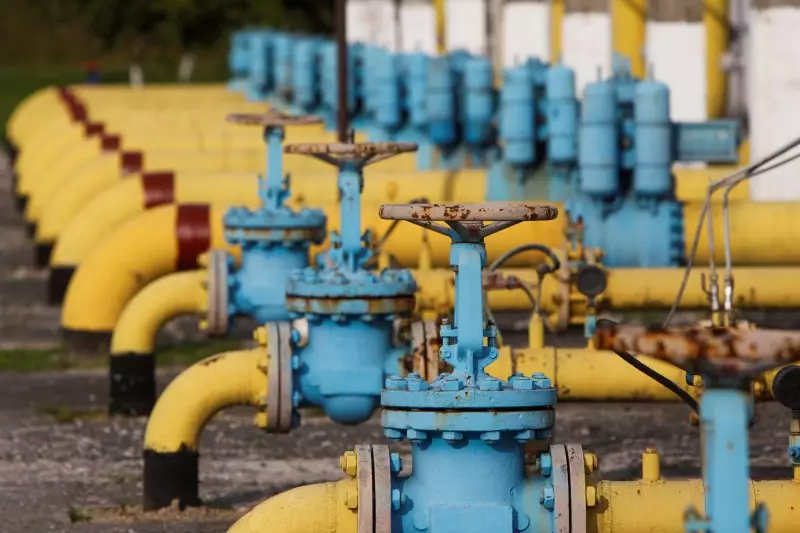In a significant development, Chinese companies have emerged victorious in five more bids to explore oil and gas fields in Iraq. This announcement came from the country’s oil minister, highlighting the dominance of Chinese players in the ongoing hydrocarbon exploration licensing round. So far, these companies have been the exclusive foreign winners, securing licenses for a total of 10 oil and gas fields. Additionally, Iraqi Kurdish company KAR Group also managed to secure two licenses, further diversifying the pool of participants in this round.
The oil and gas licenses on offer, totaling 29 projects, primarily aim to boost output for domestic consumption. With over 20 companies pre-qualifying for the bidding process, the competition has been fierce, attracting a range of players from Europe, China, the Arab world, and Iraq itself. Notably, the Iraqi government’s emphasis on enhancing natural gas production underscores its strategic goal of powering local energy needs, especially in the operation of power plants that currently rely heavily on gas imported from neighboring Iran.
Despite the overall success of the bidding round, there were some missed opportunities and challenges. Several fields with significant gas potential did not receive any bids, potentially hindering Iraq’s efforts to boost gas production. Furthermore, it is worth noting the absence of major U.S. oil companies in the bidding process, highlighting a lack of participation from American firms even after recent high-level meetings between Iraqi and U.S. officials. This absence raises questions about the strategic interests and priorities of American energy companies in the Iraqi market.
Among the notable awards, China’s CNOOC secured a bid to develop oil exploration activities in Iraq’s Block 7, covering multiple provinces in the central and southern regions. Other Chinese companies such as ZhenHua, Anton Oilfield Services, and Sinopec also secured bids for various key oilfields in different regions of Iraq. Additionally, China’s Geo-Jade emerged as a winner by securing a bid for the development of Iraq’s Jabal Sanam field for oil exploration in Basra province.
Iraq, as the second-largest oil producer in OPEC following Saudi Arabia, faces challenges in its oil sector development. Contract terms perceived as unfavorable by major international oil companies, coupled with ongoing military conflicts and a growing emphasis on environmental, social, and governance standards by investors, have hindered the country’s efforts to attract a diverse range of participants in its oil and gas exploration ventures.


Leave a Reply